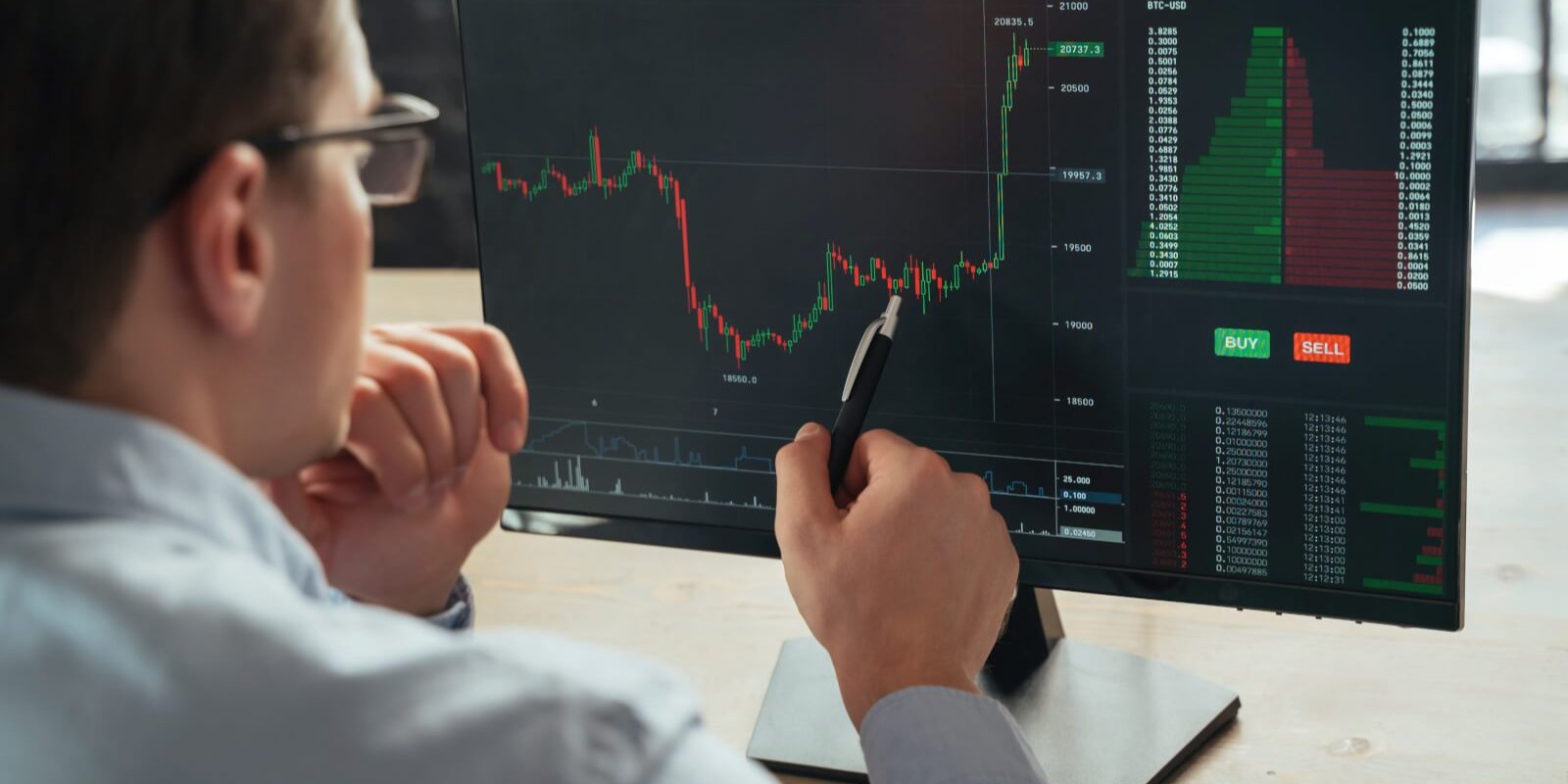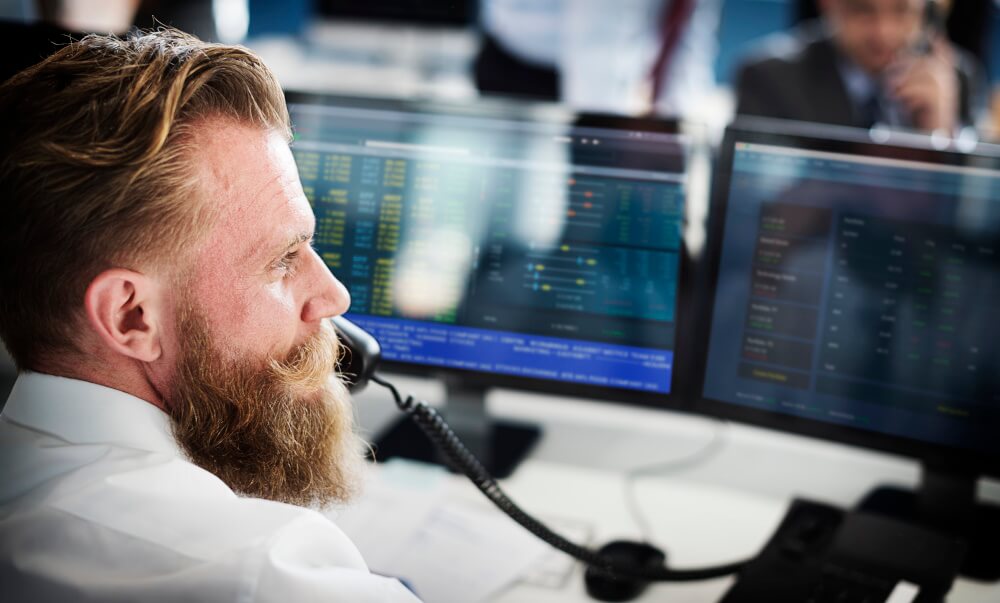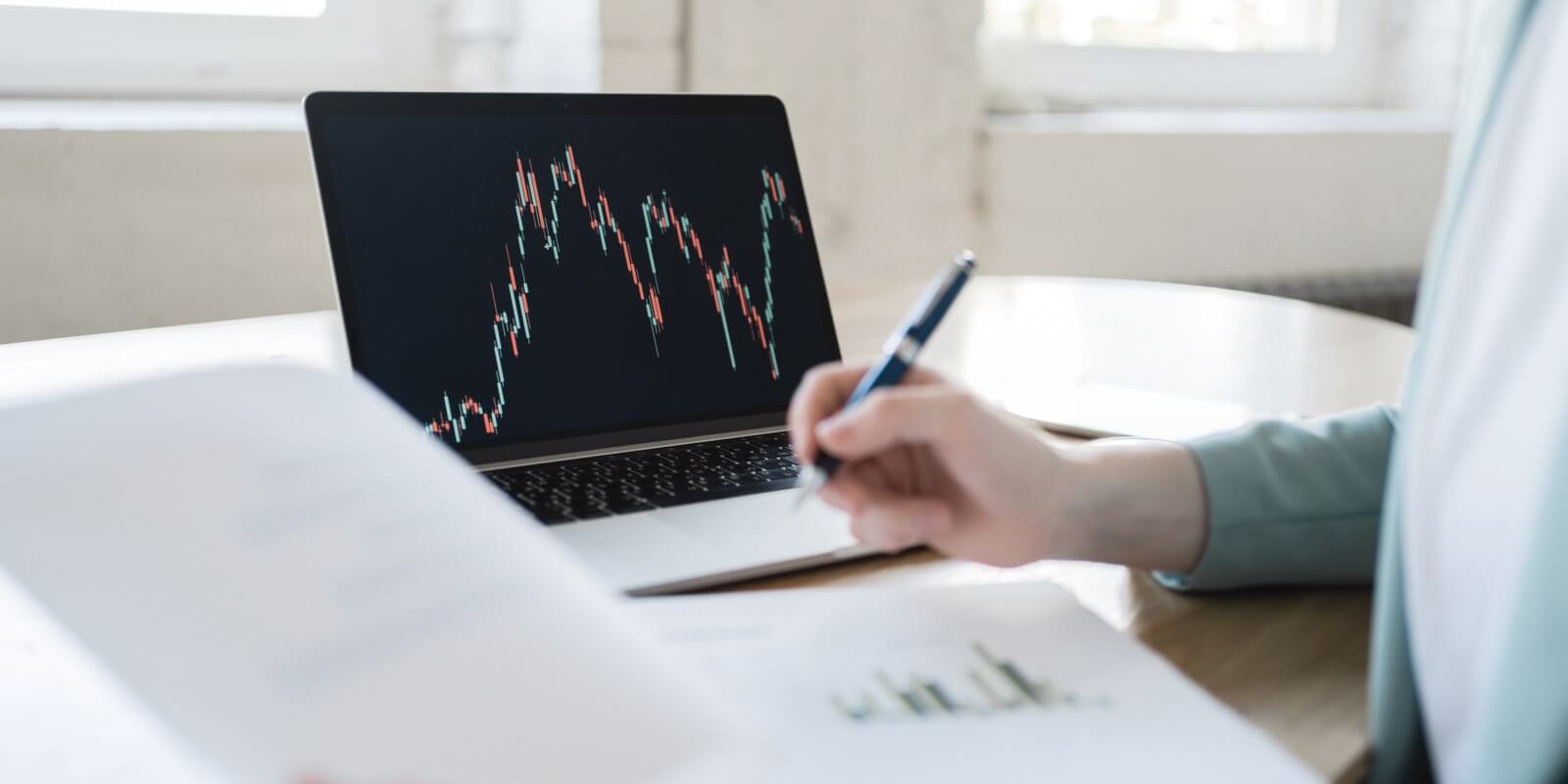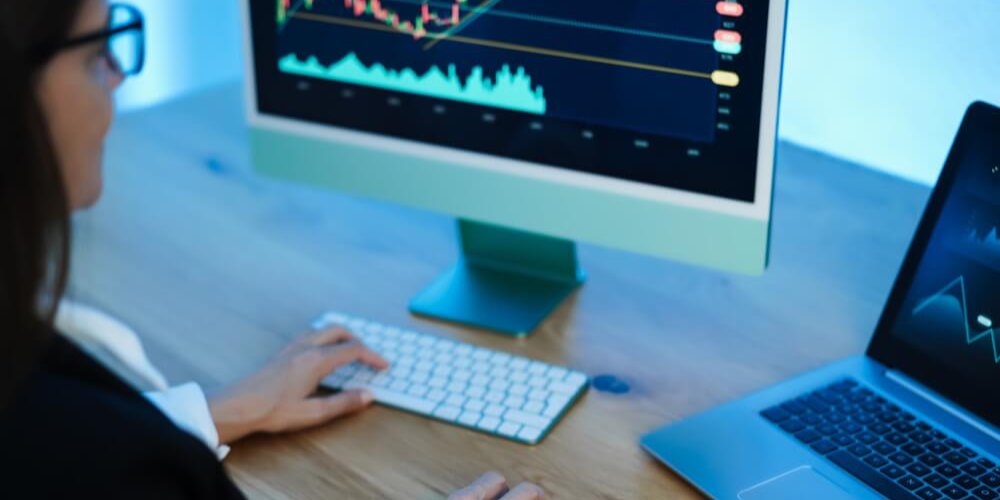Blog

Understanding Forex Slippage: Key Insights for Choosing Your Broker
Slippage in Forex trading is an occurrence that most traders will come across in their trading journey. While it is often associated with negative connotations, understanding it can help manage potential risks and allow traders to choose the right broker effectively. This article will explore what slippage is, its implications, and how understanding slippage can assist in comparing and choosing Forex brokers.
Understanding Slippage
Slippage occurs when the price at which your order is executed does not match the price at which you expected it to be filled. Essentially, it's the difference between the expected price of a trade and the price at which the trade is executed. For example, if you place a stop order to buy 140.10 but the order is filled at 140.11, the slippage is 0.01.
Slippage is a byproduct of the dynamic and fast-paced Forex market, where prices can change within fractions of a second. It primarily occurs during periods of high volatility, during news events, or when a large order is placed in a relatively illiquid market. Also, brokers can deliberately fill orders at worse prices to generate more revenue.
Implications of Slippage
Slippage can have both positive and negative outcomes for traders. Negative slippage occurs when an order is executed at a less favorable price, while positive slippage occurs when an order is executed at a better price. However, slippage is often unfavorable, adding to trading costs and impacting profitability.

Understanding Slippage for Broker Comparison
When choosing a Forex broker, understanding their approach toward slippage is crucial. Here's how it can influence your broker comparison:
Slippage Policy
Forex brokers have different slippage policies. Some brokers offer price improvements so that you can benefit from positive slippage. On the other hand, some brokers may not offer such benefits. The broker's slippage policy should be transparent and easily understandable. When the negative slippage is considerable, some brokers will compensate the trader for the increased cost of trading. Finding a broker willing to discuss and minimize slippage is possible and desirable.
Execution Speed
The speed at which a broker can execute trades is an essential factor that affects slippage. A broker that can quickly execute orders reduces the risk of slippage because there's less time for the market to move against the trader's position.
Liquidity Providers
Forex brokers typically work with one or more liquidity providers to execute their clients' orders. Brokers with access to multiple liquidity providers may offer better order execution and reduce the likelihood of slippage, as they can choose from various price quotes.
Technology and Infrastructure
A broker's technological capability can influence the occurrence of slippage. Advanced trading platforms with robust infrastructure and faster servers can execute trades more quickly, reducing the likelihood of slippage. Look for brokers willing to invest in technology to provide a low-cost trading environment.
Regulation
Regulated brokers are held to high standards of transparency and fair dealing. They are required to provide best execution practices, which could involve reasonable measures to minimize the risk and impact of slippage.
Checking Slippage at the Broker
When comparing brokers, consider doing a practical check of the slippage at each broker. You could open demo accounts with different brokers and run similar trades simultaneously to see how each broker's execution affects the slippage. Be aware that slippage can change when you trade a live account, so be willing to open multiple live accounts to find the best broker.
Conclusion
While slippage is expected in the Forex market, understanding its implications can help traders manage their trading strategy effectively. When choosing a broker, consider their slippage policy, execution speed, technology, and regulatory status. Remember, a broker with a fair and transparent slippage policy, robust technology, and a good reputation for execution speed can significantly impact your trading experience and profitability. By conducting your due diligence and assessing how brokers handle slippage, you can make an informed decision and choose the right partner for your Forex trading journey.




